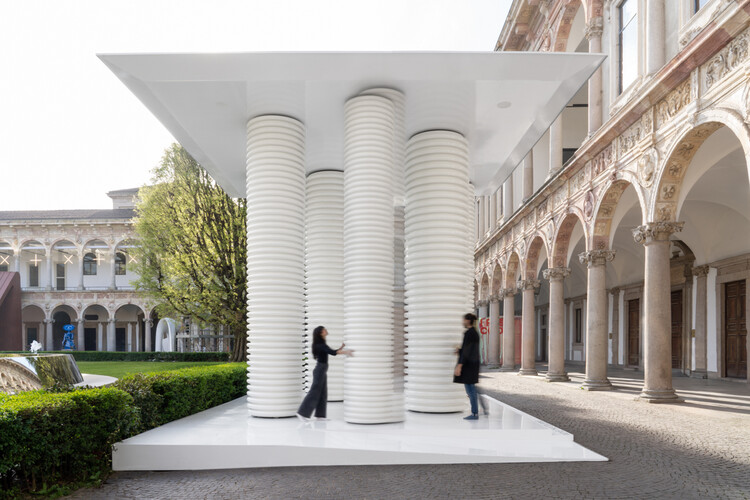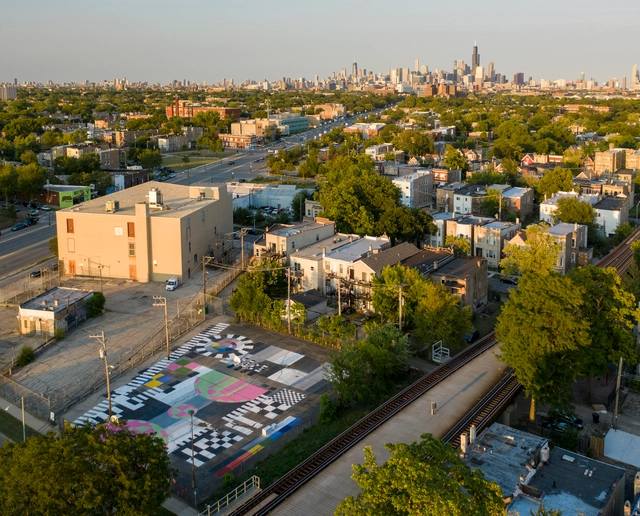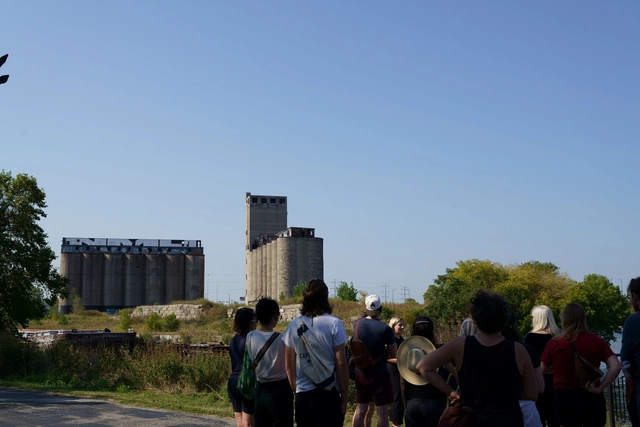
This past year marked a period of introspection for architecture. As 2025 unfolded, the discipline, confronted with evolving environmental and social realities, entered a broader turning point in how it understands its role and how users engage with it. Throughout the year, exhibitions shifted focus away from buildings as isolated objects toward a broader understanding of relationships between ecology, equity, everyday life, and collective imaginaries. Across institutions and cities, they operated less as showcases and more as discursive platforms: places where architecture was not only presented, but also imagined, questioned, and collectively redefined.
While exhibitions have long functioned as sites of discourse, politics, and community, this role became more explicit in 2025. As Carlo Ratti noted in an ArchDaily interview during the pre-opening of the Venice Architecture Biennale 2025, exhibitions today can "hybridize the way that people come together," an ambition that echoed across cities and institutions as exhibitions evolved into spaces for debate, experimentation, and collective reflection. Exhibitions are places where architects and designers meet, where conversations unfold openly with the public, and where ideas emerge through spontaneous exchanges among passersby. Exhibitions became spaces where architectural discourse extended beyond professional circles, opening conversations to broader publics through everyday encounters, shared experiences, and informal exchanges.





















































.jpg?1613993872&format=webp&width=640&height=580)







_8846.jpg?1570478720&format=webp&width=640&height=580)
_8738.jpg?1570478570)
_8902.jpg?1570478754)
_8425.jpg?1570478520)
_8751.jpg?1570478581)
_8846.jpg?1570478720)
_8751.jpg?1569076314&format=webp&width=640&height=580)
_8846.jpg?1569076329)
_8425.jpg?1569076196)
_8721.jpg?1569076290)
_8624.jpg?1569076243)
_8751.jpg?1569076314)